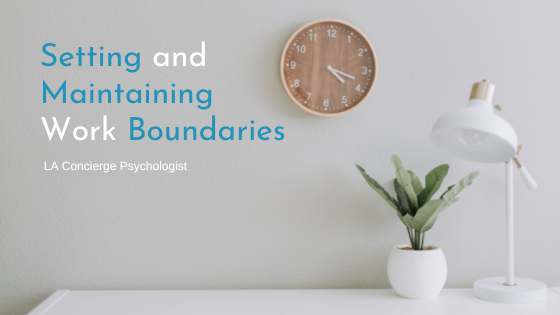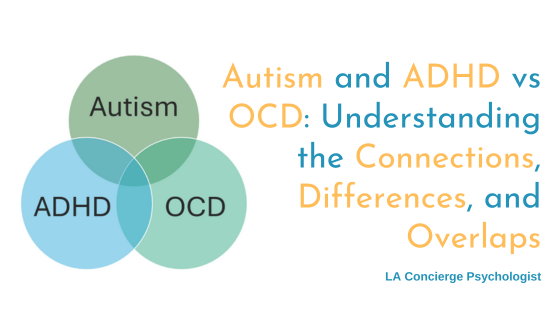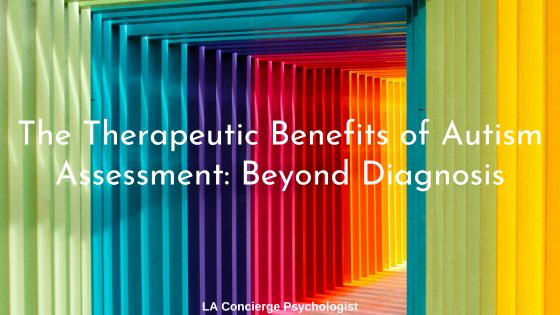How to Use Generosity (with Boundaries) to Deepen Friendships
Crystal I. Lee2024-10-10T13:13:10-07:00Generosity is a remarkable quality that has the power to enhance our lives. Not only does it enable us to create closer relationships with others, but it also provides us with invaluable support during challenging times. One of the significant benefits of generosity is its ability to help people maintain strong and meaningful friendships. When we display acts of generosity, such as offering our time, resources, or support, we show others that we truly value them. This, in turn, strengthens the bond between people and encourages them to remain close, knowing they have someone who actively cares for them. While generosity Learn More










